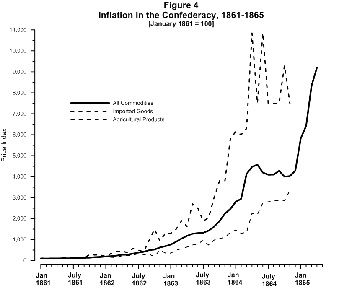Civil wars are often thought of as being caused by ethnic, religious, or ideological differences. While these factors can certainly play a role in the outbreak of civil conflict, economic causes can also be a significant factor. In this essay, we will explore some of the economic factors that can contribute to the onset of a civil war.
One economic cause of civil war is the unequal distribution of resources. When a country's resources are concentrated in the hands of a small elite, the majority of the population may feel disenfranchised and resentful. This can lead to social unrest and ultimately, civil conflict. For example, in the Syrian Civil War, a significant factor was the concentration of power and wealth in the hands of the Assad family and their supporters, while the majority of the population lived in poverty. This inequality fueled the anger and discontent that led to the uprising and subsequent civil war.
Another economic cause of civil war is economic stagnation or decline. When a country's economy is struggling, it can lead to widespread dissatisfaction and frustration among the population. This can be especially true if the government is perceived as being ineffective at addressing the economic challenges or if the benefits of economic growth are not evenly distributed. For example, in the Libyan Civil War, a significant factor was the country's economic decline, which was fueled by a drop in oil prices and mismanagement by the government.
A third economic cause of civil war is resource scarcity. When a country's natural resources, such as oil or minerals, are in high demand, they can be a source of conflict. For example, in the Congo Civil War, a significant factor was the country's vast mineral wealth, which was coveted by various factions and fueled the conflict.
Finally, economic sanctions can also be a contributing factor to civil war. When a country is subjected to economic sanctions, it can lead to widespread suffering and discontent among the population. This can create a fertile ground for civil conflict, as people become desperate for change and are willing to take risks to achieve it.
In conclusion, economic factors can play a significant role in the onset of a civil war. Unequal distribution of resources, economic stagnation or decline, resource scarcity, and economic sanctions can all contribute to social unrest and ultimately, civil conflict. Understanding these economic causes can help policymakers and international organizations develop strategies to prevent or mitigate civil wars.







